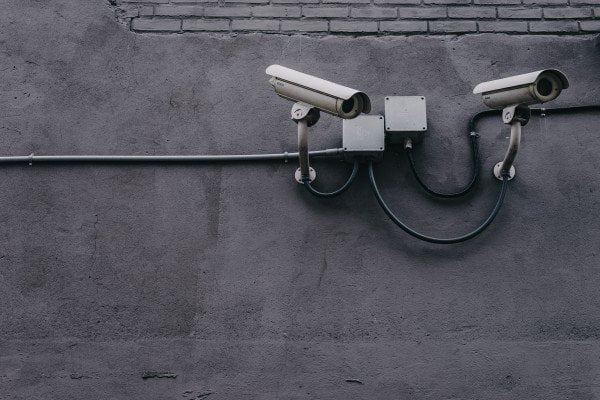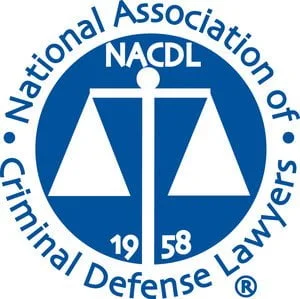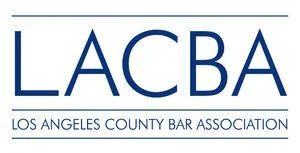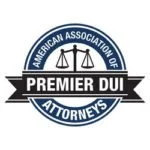In 2016, the state of California introduced a new bill under surveillance and privacy laws. The SB-21 Law Enforcement Agencies: Surveillance: Policies Bill requires surveillance personnel to reveal their plans for surveillance, monitoring, and information they wish to uncover (including audio, video, or social media) to the public and local officials. The legislature claims that this new bill will prompt accountability and transparency among surveillance agencies, and hopefully build trust from citizens.
The Bill requires that surveillance agencies and law enforcement agencies must seek a probable cause warrant before they can access any digital content or devices. The bill mandates that law enforcement institutions catalog the information acquired and make it public. According to California’s amended bill of Government Code Section 54999.8, law enforcement includes “police departments, sheriff’s department, district attorney, county probation department, transit agency police department, school district police department, the police department of any campus of the University of California, the California State University, or community college, the Department of Justice, and the Department of the California Highway Patrol.” Surveillance may also be carried out by private agencies, but those agencies are also subject to state laws.
As much as the state attempts to assure the public of its intent to protect privacy, privacy advocates still believe that most of these agencies do not comply with the privacy and surveillance laws. These advocates of confidentiality argue that most of these agencies do not want to disclose their surveillance practices and policies to the public and this infringes on everyone’s right to privacy. In a shocking revelation by the Electronic Frontier Foundation, more than 90 surveillance agencies did not disclose their surveillance policies on their websites. With this in mind, how can we minimize detection and prevent surveillance agencies and law enforcement from violating our privacy?
HOW TO MINIMIZE DETECTION
The following are simple ways you can minimize or evade detection.
Leave your phone at home
The easiest way that agencies can follow your activities is through your cell-phone. This device is the most abundant surveillance resource. The best way to throw off movement tracking surveillance is to leave your phone at home. Surveillance agencies and law enforcement probably already know your home address; however, they do not need to know where you go after leaving home.
Turn off Your Bluetooth, Geolocation, and Wi-Fi
Bluetooth, Geolocation, and Wi-Fi connections are ways that agencies track your movements. Free Wi-Fi connections from various cafes allows agencies to know your last known and frequent locations. For example, your Wi-Fi connection automatically connects and documents your location when you are within range of Wi-Fi network you’ve previously used. The best way to avoid this is to turn off your networks when you don’t need them.
Assess the State of Your Metadata
Metadata is any data that gives information about specific details of other data or information content. Most people do not realize this, but it is easier for agencies to pick up on metadata (who you are, who you’re in communication with or when you’re communicating) than the content of the information (what you’re talking about). For example, your phone bill records of your calls can be turned over to law enforcement if your phone company receives a court order. Thus, be sure to make your metadata as ambiguous as possible.
Signal
This is a software that encrypts end-to-end messages and uses a timer to automatically delete expired messages based on your settings. This service only protects digital communications from outside digital hacking attempts to retrieve information. If one “end” is physically compromised, so is the entire communication channel. Users should use additional measures, such as password locking, to prevent physical access.
Beware of What You Post Online
Social media platforms like Facebook and Twitter can be subpoenaed and required to submit any information on their users. The best way to avoid detection on social platforms, especially if you are an activist, is to use a pseudonym or alias. Online users should avoid posting information that can potentially incriminate them in court.
Beware of Video and Audio Surveillance
If your security or personal camera automatically connects to the internet, the details of your private life may be in jeopardy. You can purchase camera and webcam stickers to cover the camera on all of your electronic devices. Audio surveillance is a little bit more difficult to counter because there is no sure way of telling whether the microphone is actually on or off. The only way to ensure privacy is by leaving the phone in a microwave, in a separate room, or completely powered down.
These tactics only make surveillance more difficult. They do not provide complete privacy. When the law fails to protect your privacy, Don Hammond helps victims who are incriminated using surveillance. If you need assistance, please contact Don Hammond who can help you lower or eliminate your sentence in court.










